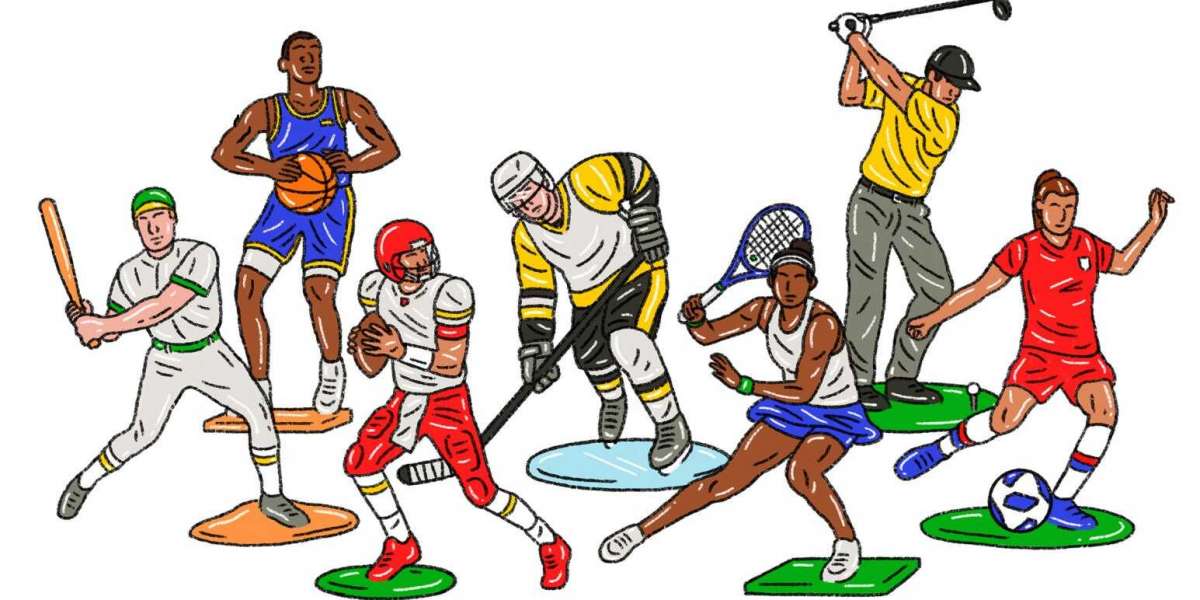Empathy is an important skill that improves the quality of any sport. It allows spectators and coaches to put themselves in the athlete's shoes and to better understand the history of a sport. It also helps athletes and spectators relax and enjoy their game. Practicing empathy will help athletes, coaches, and parents become more engaged with the game. This article will examine the benefits of empathetic listening. It will also discuss how it can be cultivated in a sporting environment.
When coaching a team, coaches should try to understand the athlete's perspective before making judgments about their performance. This helps them communicate more effectively with their athletes. They can display empathy by using their voice and body language. But being empathetic does not mean taking an athlete's feelings or lowering their expectations. Often, coaches assume responsibility for the emotions of their athletes. To avoid this, coaches should remember that empathy is not a substitute for empathy.
If you're a person who's interested in sports sports sports, specifically king recreation - soccer, it's miles vital to continuously update new facts related to the game you are interested by as well. It's a totally vital element, isn't always it? That is why, 8Xbet changed into born on the manner to serve and create the brilliant situations for readers to beautify and continuously replace sports sports-related statistics in a well timed way. As correct and rapid as possible
When coaching, coaches should show empathy to their athletes. By showing empathy, they will be able to connect with their athletes and help them push through tough moments. For instance, coaches should use their voice and body language to express their concern and help the athlete to feel better about himself. Being empathic doesn't mean taking on an athlete's feelings or lowering their expectations, though. Too often, coaches assume responsibility for the emotions of their athletes.
It is also important to note that empathy is an effective tool for coaches in any sport. It helps athletes focus on the game outside their own problems, and it can increase their self-esteem. Likewise, empathic parents can help their children get past their problems more quickly. Athletes who feel comfortable with their coach will focus on the game process rather than focusing on how they feel. The coach should be aware of the emotions of their players, so they will not make them feel bad.
Coaches should try to understand the emotions of their athletes. By doing this, they can communicate more effectively with them. In addition, it is helpful for them to understand their athletes' emotions. The coach should use body language and voice to show his or her empathy. But empathy doesn't mean that the athlete should take responsibility for their own feelings. It doesn't mean that the athlete should change his or her expectations. It's about understanding and being a good coach.
In a study of university students in the Ardahan Province, researchers have found that students who play sports are more likely to show empathy. It has been shown that those who play for more than two years tend to demonstrate lower levels of empathy than those who have played sports for less than two years. Moreover, the average value of the nine-question survey is higher than that of the other questions. In addition, participants with a higher level of empathy are more likely to be motivated to play, and they will be more willing to participate in activities. Visit this site Click





